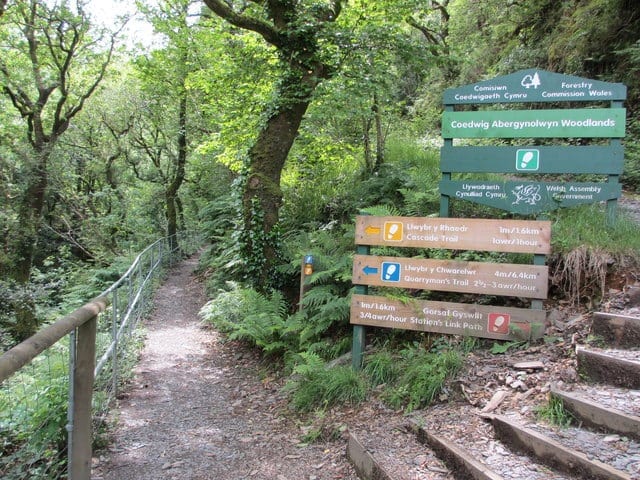‘DON’T TOUCH THE HEDGE TILL THEY FLEDGE,’ ARGUES JOYCE
Assembly member Joyce Watson is calling for a change in the law to protect wildlife in Wales.
Under current legislation, farmers and landowners are prevented from trimming hedges between March and September, to protect nesting birds.
However, local authorities, golf courses and private householders are not subject to the same restrictions.
At Assembly question time on Wednesday (11 July), the Labour Mid and West Wales AM suggested the law should be updated to include all hedgerows. She said:
“Every summer I’m alarmed by the number of hedges that are being trimmed during peak nesting season. They provide an important food source for all types of animals, and vital nesting habitat for birds, particularly in the spring and summer months.
“This year, travelling the roads, I’ve seen lots of unnecessary hedge cutting across my region – unnecessary because the hedge was under a tree canopy, and several metres away from the road.
“Farmers and landowners are obliged not to trim between 1 March and 31 August…but with local authorities, and private householders, and golf courses, it’s down to best practice—it’s not compulsory.”
Mrs Watson, who sits on the Assembly’s environment committee,
continued:
“Nesting birds are protected under the Wildlife and Countryside Act 1981, but it doesn’t protect them if we rely on hedgerows being adequately maintained during peak season. So, can I ask that the Welsh Government considers looking at introducing legislation that would make it compulsory for local authorities, private households and golf courses, and the like, not to trim their hedges between March and August and to bring those in line with the farmers and the landowners?”
Replying on behalf of the government, environment minister Hannah Blythyn said:
“You raise a really important point in terms of the value of hedgerows in providing food sources and vital habitats for birds and animals, and to enhance and protect biodiversity.
“Under the Environment (Wales) Act 2016, there was a public duty on all public authorities to seek and maintain biodiversity, and doing so to increase ecosystem resilience, which also provides additional protection for hedgerows and the associated biodiversity, including pollinators. It is my plan to go and meet with local authorities in terms of actually how they are enacting the biodiversity duty in the environment Act and actually emphasise that that can form part of the value of hedgerows as part of that.
“You referenced the Wildlife and Countryside Act 1981. It does serve as a statutory mechanism to prevent the disturbance of nesting birds, from March to October, through hedge cutting. Although hedge cutting during these periods is not unlawful, all hedge owners must ensure no nesting birds are present before doing so.”
Ms Blythyn went on to say that the Welsh Government’s woodland strategy, which was updated earlier this year, recognises the important role hedgerows play as ‘wildlife corridors’.
There are estimated to be 92,700 hectares of tree cover outside woodlands in Wales. More than half of this comprises trees growing along linear features like hedgerows, riverbanks and roadsides.

| [donate]
| Help keep news FREE for our readersSupporting your local community newspaper/online news outlet is crucial now more than ever. If you believe in independent journalism,then consider making a valuable contribution by making a one-time or monthly donation. We operate in rural areas where providing unbiased news can be challenging. |



















